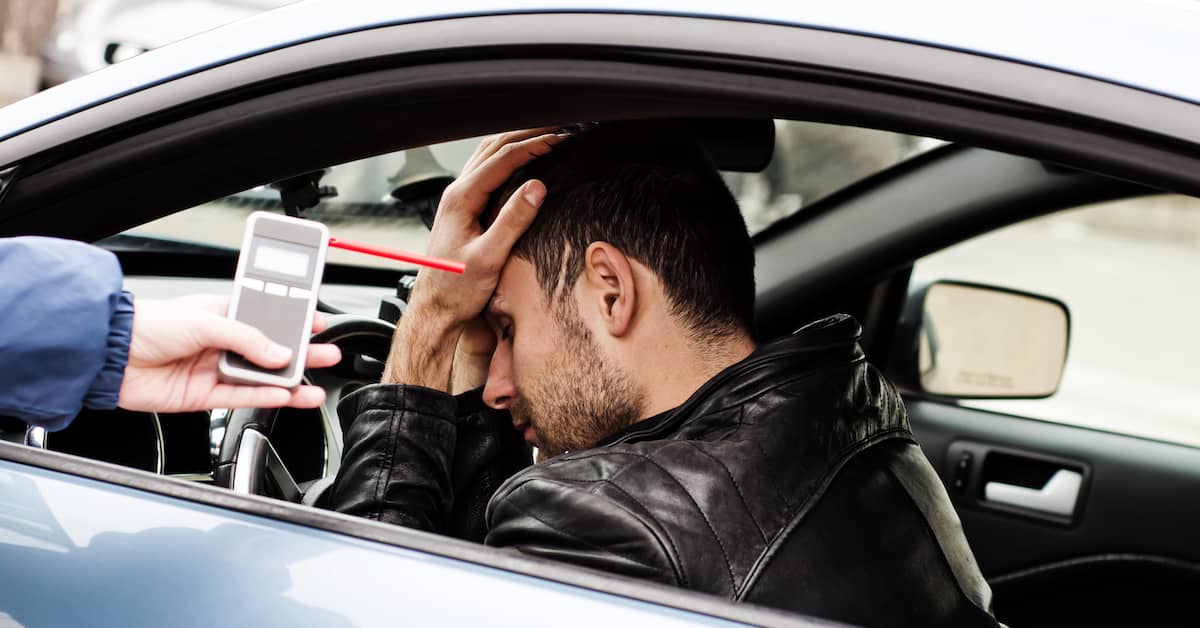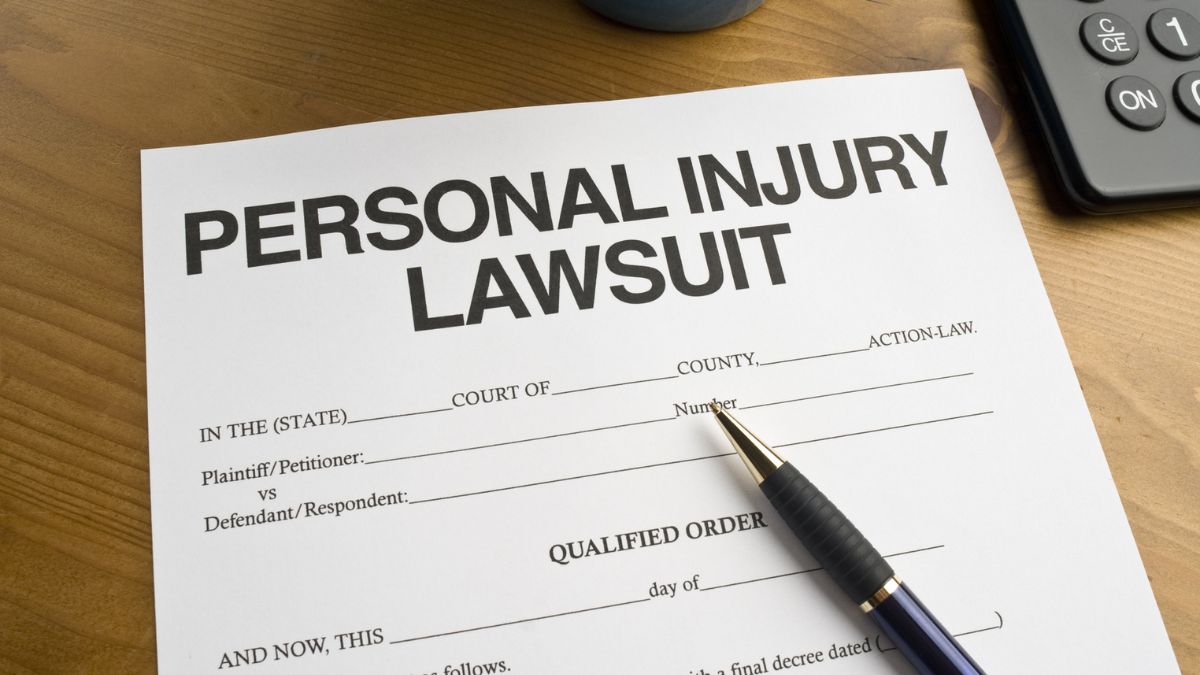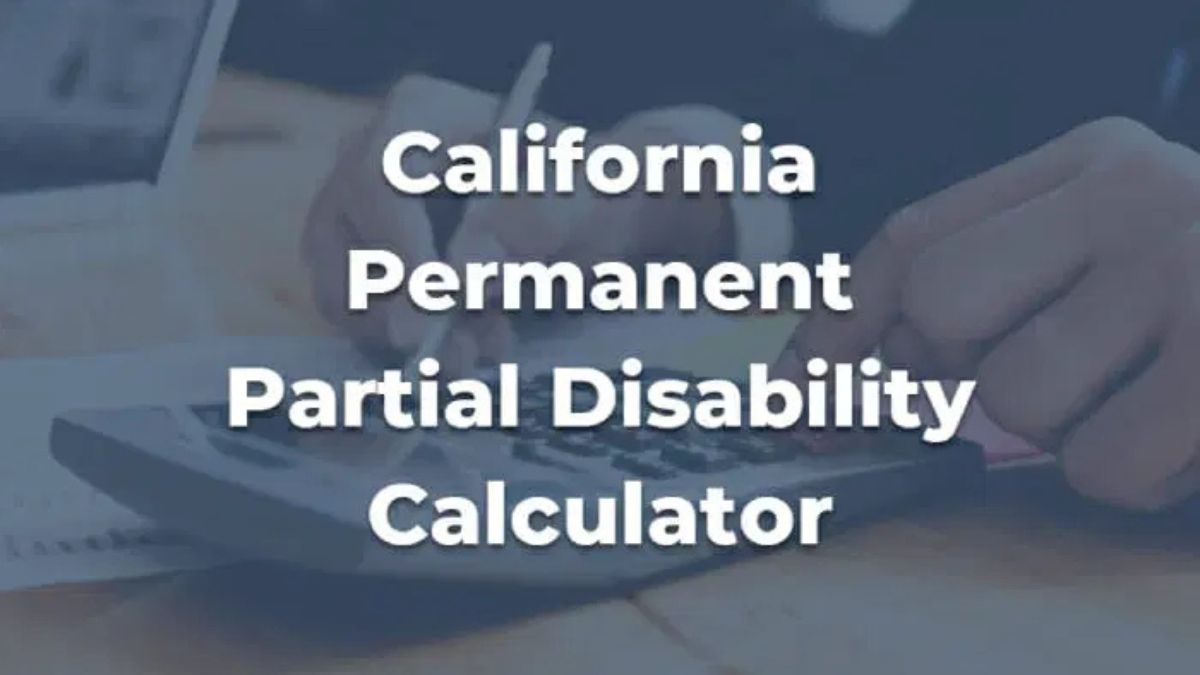TOPIC
How Can You Optimize LinkedIn Ad Design for Maximum Clicks and Conversions?

Struggling to get the most out of your LinkedIn ads? You’re not alone. Many businesses invest in advertising but fail to achieve meaningful engagement. So, what makes an ad stand out on LinkedIn? The answer lies in design.
Distinct from most other social media networks, LinkedIn is a reliable and professional platform. People go on the site not just for mindless scrolling—they are engaging in active searching for interesting and useful materials. Your ad should attract attention even when it is provided with serious material.
1. Keep It Visually Clean and Professional
When browsing LinkedIn, users have to deal with professional content that is polished. A messy advertisement with too many words or unnecessary elements can turn off people quickly. Use high-quality images, typography that is bold but uncomplicated, and a color palette that corresponds to your brand. The most important thing to bear in mind while communicating to your audience is to be professional.
2. Write a Headline That Sparks Interest
Most people notice your title as the first one of the things. That is why it has to be clear, interesting, and absolutely on point. Go for pretty direct statements instead of vague ones and put your emphasis on delivering the message in a really comprehensive way. It can be beneficial for you to ask yourself: what would be the benefits for your viewer? As long as your headline doesn’t tell them how they will benefit from what you offer, of course, the audience will be scrolling further down.
3. Use Contrasting Colors for Call-to-Action (CTA) Buttons
When designing a LinkedIn ad design, ensure that the viewer knows the place to click. This is why your CTA button should stand out. Choose a color that contrasts with the background but still aligns with your branding. Whether it’s “Learn More,” “Download Now,” or “Get Started,” your CTA should be easily noticeable and compelling.
4. Prioritize Mobile-Friendly Design
The majority of LinkedIn members use their smartphones for browsing. If your ad is not optimized for mobile viewing, you are likely to lose many potential viewers. Keep your text readable, make sure the images are in high resolution, and test the design on multiple devices to achieve uniformity. A mobile-friendly design is indispensable for the purpose of reaching a broader population.
5. Keep Copy Concise and Value-Driven
The majority of the individuals will not put in the effort needed to understand and convert a lengthy text. For this reason, you should write the ads that are brief, simple, and main benefits to the audience. Just tell your viewers directly why they should be interested and, especially why they need to act now. Concentrate on the most substantial messaging that communicates the advantages of your item or service effectively and in a very short time.
6. A/B Test Different Designs
The most skilled designers are also not capable of always predicting the best solution. One of the best strategies for enhancing the effectiveness of the ad is to try different versions of it. Test out different photos, CTAs, and formats to determine the one that gets the most interaction from the audience. A/B testing makes it possible for you to rework your design based on the real data retrieved from its operation.
7. Leverage LinkedIn’s Ad Tools
Maximizing the ad performance with the help of the tools LinkedIn provides is very easy. The features audience targeting, lead generation forms, and analytics that all give you deeper insights into what is working and what requires improvement are the main focal points here. You can employ these techniques to adjust your ad strategy for better outputs.
Wrap Up
Saying that LinkedIn ad design is only about eye appeal,the crux lies in the function. A properly set ad can be the determining factor between a loss of ad spend and great business expansion. By obeying the guidelines based on these best practices, you will be able to design promotional materials that grab attention and at the same time cause visitors to click on them.
Pause for a second and analyze your current stance. Are your ads as effective as they could be? Often it is the case that just a few small but strategic tweaks can lead to a huge change. Therefore, you can change your LinkedIn ads from a minor marketing tool into a major driver of business success through a focus on clean design, catchy headlines, visible CTAs, and through continuous testing.
TOPIC
What To Do If A Drunk Driver Causes A Fatal Accident

A fatal accident involving a drunk driver shatters lives. If you face this tragedy, knowing your next steps is crucial. This guide helps you navigate these challenging moments. First, ensure your safety and others around you. Contact emergency services immediately. Authorities need to secure the scene and gather evidence. Then, reach out to family or friends for emotional support. The impact of such an event can be overwhelming. Seek professional legal advice promptly. Legal experts can help you understand your rights and options. Their assistance may be vital in ensuring justice for your loved one. Document everything you remember about the incident. Details can be essential later. Also, consider seeking counseling. Emotional recovery is as important as legal resolution. Addressing these steps eases the burden during this difficult time. Being prepared supports you in handling this tragic situation with strength and clarity. You are not alone in this journey.
Immediate Steps After the Accident
Once the scene is secure, focus on gathering information. Collect the names and contact numbers of witnesses. Take photos of the accident site if possible. These will aid in building your case. Understandably, emotions run high. However, clear documentation is crucial. Law enforcement will compile a report. Request a copy for your records. This report contains essential details. It will be crucial for legal and insurance purposes.
Legal Considerations
Engaging with the legal system can be daunting. Yet, it is an important step forward. Secure a reputable attorney experienced in dealing with drunk driving incidents. They will navigate the complexities of the law on your behalf. Start this process early. Legal procedures often require extensive time and effort. The attorney will help file claims and represent you in court if necessary.
Emotional and Psychological Support
Processing grief and trauma requires time and support. Many find comfort in speaking with counselors or support groups. There are professionals trained to help you through this difficult period. Friends and family members are also invaluable. Be open about your needs and feelings. They can offer a listening ear and necessary support.
| Support Option | Advantages | Disadvantages |
| Professional Counseling | Expert guidance, Confidential | Costly, Requires scheduling |
| Support Groups | Shared experiences, Community support | Availability varies, Less personalized |
| Family and Friends | Immediate availability, Emotional bond | May lack expertise, Emotionally invested |
Financial and Insurance Matters
Accidents lead to unexpected financial burdens. Insurance claims need to be filed promptly. Contact your insurance company to start the process. Provide them with the accident report and any additional information. It is also wise to consult with your legal advisor during this stage. They can ensure all documents are appropriately handled. In some cases, the process may lead to compensation. This can aid with medical or funeral expenses.
Long-Term Recovery and Resolution
Healing from this tragedy takes time. Some days will be harder than others. Establishing a routine can help restore a sense of normalcy. Engage in activities that bring you relief and comfort. Consider joining initiatives that advocate against drunk driving. Contributing to a cause may offer a sense of purpose.
Additional Resources
For more guidance, visit the National Highway Traffic Safety Administration (NHTSA). They offer resources on dealing with drunk driving incidents. You can also explore the Mothers Against Drunk Driving (MADD) website for support networks and advocacy opportunities.
Dealing with the aftermath of a drunk driving accident is a profound challenge. Each step taken brings you closer to resolution and healing. Reliable support and information make a significant difference. Remember, while the journey is difficult, you have resources and people ready to help. By taking active steps, you honor the memory of your loved one and contribute to a safer community.
TOPIC
How To Prove Liability In A Las Vegas Personal Injury Lawsuit

When you’re injured in Las Vegas, proving who is responsible matters. Understanding how to prove liability is crucial. This guide breaks down what you need to know for a personal injury lawsuit. You might feel overwhelmed, but remember, you are not alone. Liability determines who pays for damages and injuries. You need evidence to show fault clearly. FriedmanInjuryLaw offers support in gathering this evidence. First, you need to collect reports and witness accounts. Second, document medical records and expenses. Finally, maintain communication records with all involved parties. Each step helps reinforce your case. It’s essential to stay focused and organized. Legal processes may seem daunting, but staying informed helps you reclaim control. Everyone deserves justice and the means to heal. You can navigate this challenge with careful preparation and support. This blog offers insights to help you through each stage of the process. You hold the key to your case’s success.
Gathering Evidence
Evidence is the backbone of your case. To prove liability, compile detailed information about the incident. Start with the police report. This document provides an official account of the event. Witness statements strengthen your case. They offer unbiased perspectives on what happened. Photos of the accident scene can capture crucial details. Visual evidence can clarify how events unfolded.
Medical Documentation
Your injuries are a critical part of the evidence. Medical records document the extent and impact of your injuries. They connect your injuries to the incident. Keep all medical bills and related expenses. This information supports claims for financial compensation.
Communication Records
Keep a detailed log of all communications. This includes interactions with insurance companies and other parties. Emails, letters, and phone call notes can reveal valuable information. They can show offers, admissions, or statements that affect responsibility.
Types of Liability
Understanding liability types helps you build a stronger case. Here are common types:
- Negligence: Failing to act with reasonable care.
- Strict Liability: Responsibility without proof of fault, common in product liability cases.
- Intentional Wrongdoing: Harm caused on purpose.
Comparative Negligence in Nevada
Nevada follows a comparative negligence rule. If you share some fault, it affects your compensation. For example, if you are 20% at fault, your damages reduce by 20%. Understanding this rule is vital for realistic expectations.
Comparison Table: Types of Liability
| Type | Description | Proof Required |
| Negligence | Lack of reasonable care | Prove negligence elements |
| Strict Liability | Liability without fault | Show defect and harm |
| Intentional Wrongdoing | Harm by deliberate action | Prove intent |
Legal Support and Resources
Pursuing a lawsuit is complex. Legal assistance can guide you. Experienced attorneys know the process well. They can help you build your case effectively. USA.gov offers resources for finding legal aid in Nevada.
Conclusion
Proving liability in a personal injury lawsuit requires diligence and determination. By gathering comprehensive evidence, documenting medical details, and understanding liability types, you can build a compelling case. Resources like LawHelp.org provide valuable information for those seeking legal guidance. Stay organized and informed throughout the process. With careful preparation and support, you can achieve the justice you deserve.
TOPIC
How Permanent Disability Is Calculated In California

Understanding how permanent disability is calculated in California is crucial for those who need it. You face challenges daily. The calculation process is straightforward yet significant in determining benefits. It involves specific steps that ensure fairness and accuracy. The state uses guidelines to measure the extent of disability, which affects your work capacity. First, a medical evaluation assesses your condition. Then, a percentage is assigned, reflecting your lost earning capacity. This is not just a number; it impacts your financial stability. Stay informed and seek advice when necessary. California considers various factors, including age and occupation, in these calculations. You can find more detailed information and resources at hinden.net. This platform helps you in navigating this complex subject. Remember, understanding your entitlements brings clarity and peace of mind. Knowing these steps ensures that you receive the support you deserve, empowering you in your recovery journey.
Steps in the Calculation Process
The process begins with a medical assessment. A doctor will evaluate your condition and provide a report. This report includes an impairment rating, a crucial part of the calculation. The impairment rating is expressed as a percentage, indicating how much your disability affects your ability to work. It is essential to have a detailed and accurate medical report.
Once the impairment rating is determined, it is used to calculate the permanent disability percentage. This percentage reflects the reduction in your earning capacity due to the injury. California has a defined schedule that helps translate the impairment rating into a permanent disability percentage.
Factors Affecting the Calculation
The calculation considers several factors. These include your age at the time of the injury and your occupation. Older workers or those in more physically demanding jobs might receive a higher disability rating. This reflects the greater impact of the injury on their ability to work.
Additionally, any pre-existing conditions or prior disabilities are considered. These can influence the final determination of your permanent disability rating. A thorough evaluation of all these factors ensures a fair and accurate calculation.
Understanding the Benefits
Once the permanent disability percentage is calculated, the next step is determining benefits. The benefits are paid out over time and are designed to replace lost income. The amount depends on the disability percentage and your pre-injury wages. You can find useful guidance on how benefits are structured at the California Department of Industrial Relations.
The benefits provide financial support to help cover living expenses and other costs associated with your disability. Understanding the calculation and benefits helps you plan for the future and manage your finances effectively.
Comparison Table of Permanent Disability Benefits
| Disability Percentage | Weekly Benefits | Duration (Weeks) |
| 1-69% | $160 | 3-475 |
| 70-99% | $290 | Until age 67 |
| 100% | Full wage replacement | Lifetime |
Seek Professional Guidance
Given the complexity of the calculations and the impact on your life, seeking professional guidance is wise. Legal professionals specializing in workers’ compensation can provide valuable insights and help you navigate the process. They ensure that your case is accurately evaluated and that you receive the benefits you deserve.
Moreover, staying informed about updates or changes in the law is essential. The California Division of Workers’ Compensation offers resources and updates that can keep you informed.
Conclusion
Understanding how permanent disability is calculated in California empowers you. It helps ensure you receive the benefits you are entitled to. By comprehending the steps, recognizing the factors involved, and seeking guidance, you secure your financial stability. This process provides peace of mind, allowing you to focus on recovery and future goals. With the right information and support, you manage the challenges of disability more effectively, ensuring a hopeful path forward.
-

 BLOG1 month ago
BLOG1 month agoIZoneMedia360 .Com: Exploring the Features and Benefits
-

 BLOG5 months ago
BLOG5 months agoAbout Blog TurboGeekOrg: A Go-To Hub for Tech Enthusiasts and Latest Innovations
-

 BLOG5 months ago
BLOG5 months agoWhat is a Golden Transit in Magi Astrology?
-

 BLOG1 month ago
BLOG1 month agoA Complete Guide to ProcurementNation.com Shipping
-

 ENTERTAINMENT5 months ago
ENTERTAINMENT5 months agoTyquaez Pickett: A Rising Star in the Entertainment World
-

 NEWS1 month ago
NEWS1 month agoChloe Berger News: Insights on Employee Rights and Talent Retention
-

 HOME1 month ago
HOME1 month ago5StarsStocks.com Nickel: Invest for a Bright Future
-

 BLOG4 months ago
BLOG4 months agoWho Is Hall Sinclair? The True Story of Olivia Colman’s Son
